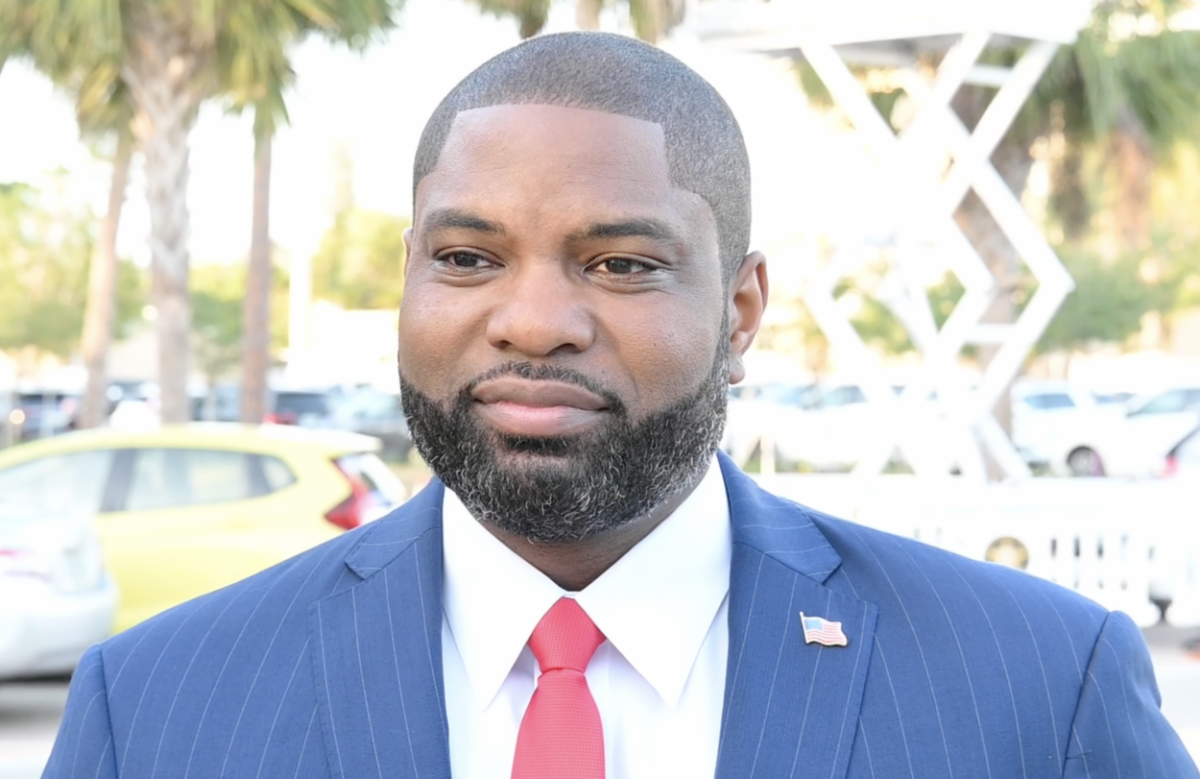Representatives Kat Cammack (R-FL) and Darren Soto (D-FL) have introduced a bipartisan bill to include blockchain technology in the Department of Commerce's agenda.
Named the Deploying American Blockchains Act, the bill makes the Secretary of Commerce the primary advisor to the President on blockchain policy, including deployment, use, application, and competitiveness. It also establishes a Blockchain Deployment Program.
Blockchains, as defined by Investopedia, are digitally distributed databases or ledgers recording transactions across a computer network. They are commonly associated with cryptocurrency. However, the key draw of blockchains is that they permanently store transaction data without the ability to be altered, reducing the need for human auditors.
In her press release, Rep. Cammack said, "Blockchain is an evolving technology that is changing daily. Understanding the power of blockchain technology and how we can leverage it to support our economy, national security, and more is critical. I'm proud to continue the work of developing blockchain tech with the House Energy & Commerce Committee."
Similarly, Rep. Soto added, "I'm proud to work with Rep. Cammack on common-sense, bipartisan legislation to strengthen U.S. competitiveness in the blockchain space. Our bill will ensure that the Department of Commerce focuses on developing these technologies to help our country remain a leader and ahead of the curve."
In June, Arizona's Representative David Schweikert (R-AZ) managed to get several amendments to the 2024 National Defense Authorization Act (NDAA) that would mandate the use of artificial intelligence (AI) to audit the Pentagon.
After all, the Pentagon has failed a clean audit for seven years straight.
"We've just passed year six where the Pentagon has been described as functionally un-auditable. What if we thought creatively and allowed AI to help us identify what we actually have in our DOD inventory? We ought to protect the American taxpayer, but also protect our national defense by knowing what we own and what we don't own?" said Rep. Schweikert.











